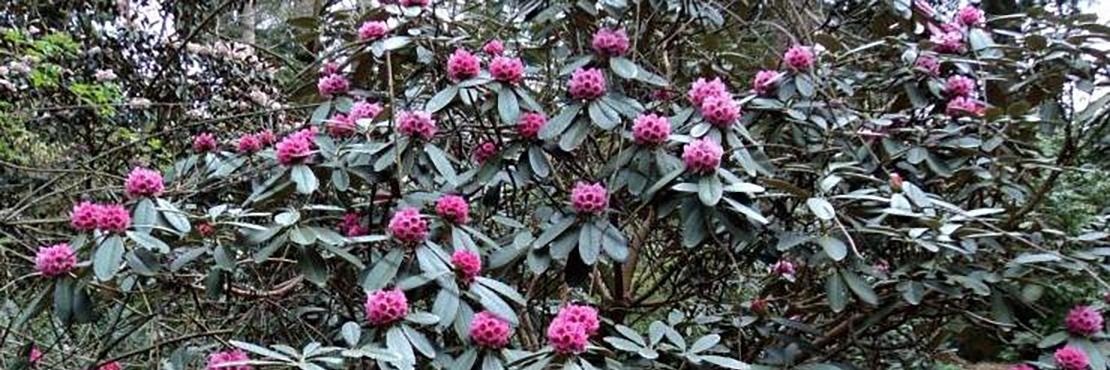Core Members: Sonia Gazzarrini, Eliana Gonzales-Vigil, Adam Mott, Xue Pan, Satyaki Rajavasireddy, Rongmin Zhao
Research Focus: Mechanisms of Growth, Development and Stress Acclimation in Model Plant Species
The Plant Cellular and Molecular Processes (PCMP) group includes faculty that are physically clustered in a large open-concept laboratory space. The group has found this to be particularly beneficial to promoting interaction and technology-transfer between lab members, particularly graduate students. The group also maintains significant plant growth facilities (reach-in and walk-in chambers with the capacity for fine control of irradiance, temperature, humidity and CO2) and maintains a regular PCMP seminar series that provides postdocs, graduate students and undergraduates the opportunity to present their on-going research to a local audience. Collectively, the PCMP group has significant expertise in biochemistry, molecular genetics, molecular biology, plant immunology, computational biology, physiology and advanced microscopy. The group uses a combination of these techniques to address fundamental questions about plant growth and development, metabolism, immunity, reproduction, and response to environmental cues and stressors. Collectively, the group works on a range of monocot and dicot species, but with an expressed focus on model species such as Arabidopsis, tomato, poplar and tobacco.
One focus of study in the group is the investigation of transcriptional, posttranslational and epigenetic regulation of plant architecture, seed germination and seed development in response to hormones and environmental cues (Sonia Gazzarrini). Another major focus is the study of cellular protein quality control systems, and how regulated protein homeostasis controls plant development, organelle function and biogenesis under normal and stress conditions (Rongmin Zhao). Lastly, the impacts of biotic and abiotic stress on primary and specialized metabolic pathways (including photosynthesis, respiration, N assimilation, ion transport, cuticular waxes and terpenes) and defense responses against biotic and abiotic stress are being examined, in both model and crop species (Greg Vanlerberghe, Adam Mott, Eliana Gonzales-Vigil).
